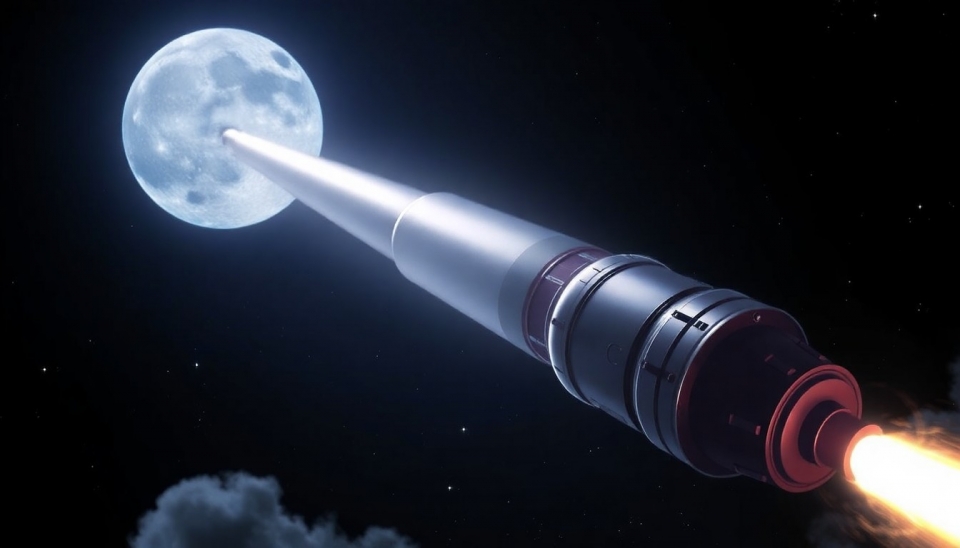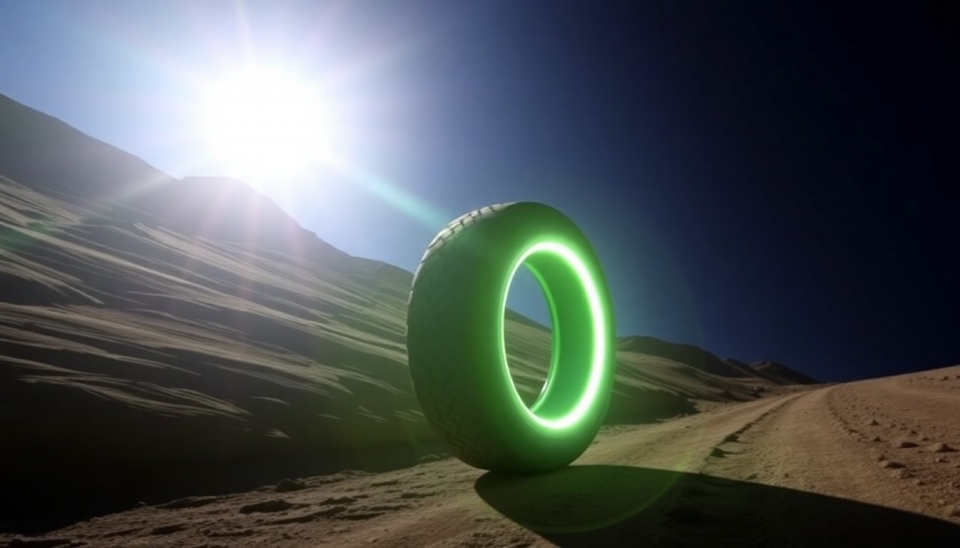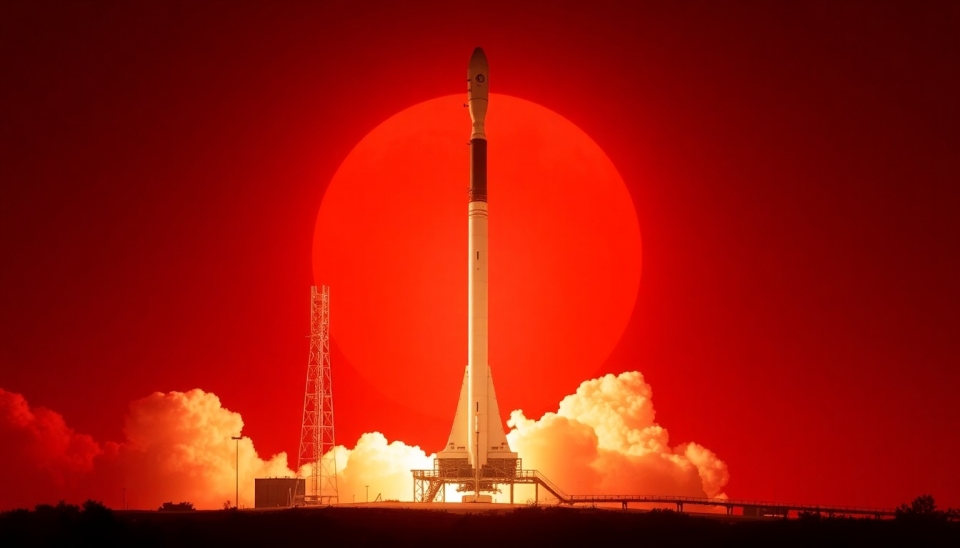The Acceleration of Space Travel: A Nuclear Rocket with Record Speed

A new nuclear rocket, being developed for space travel, is capable of reaching speeds of up to 329,000 miles per hour (529,000 km/h). This will revolutionize interstellar exploration and significantly reduce flight times within the solar system. The idea of quick and efficient travel to Mars and other planets is no longer a distant dream, as nuclear thermal propulsion technology represents a major breakthrough.
Research conducted by NASA and other space agencies aims to create safe and reliable systems for launching nuclear engines into space. It is expected that such rockets could deliver astronauts to Mars in less than three months, a remarkable reduction in time compared to current technologies, which take about six months for the journey.
Advanced research into nuclear rockets would not only open new horizons for humanity in space exploration but also provide opportunities to study other planets and delve deeper into our solar system. Scientists emphasize that breakthroughs in nuclear technology will enable humanity to consider potential interstellar travel options in the future.
Despite the complex technical and ethical issues related to the use of nuclear energy in space, the benefits it may provide seem promising. Further research and testing of the nuclear propulsion system is expected to begin in the coming years, opening new possibilities for space exploration.
Thus, the anticipated future of space transport is becoming increasingly tangible. A nuclear rocket with record speed could radically change our understanding of space flights and spur humanity's interest in exploring the vast expanses of the Universe.
#space #nuclearrocket #technology #exploration #Mars #space #travel




